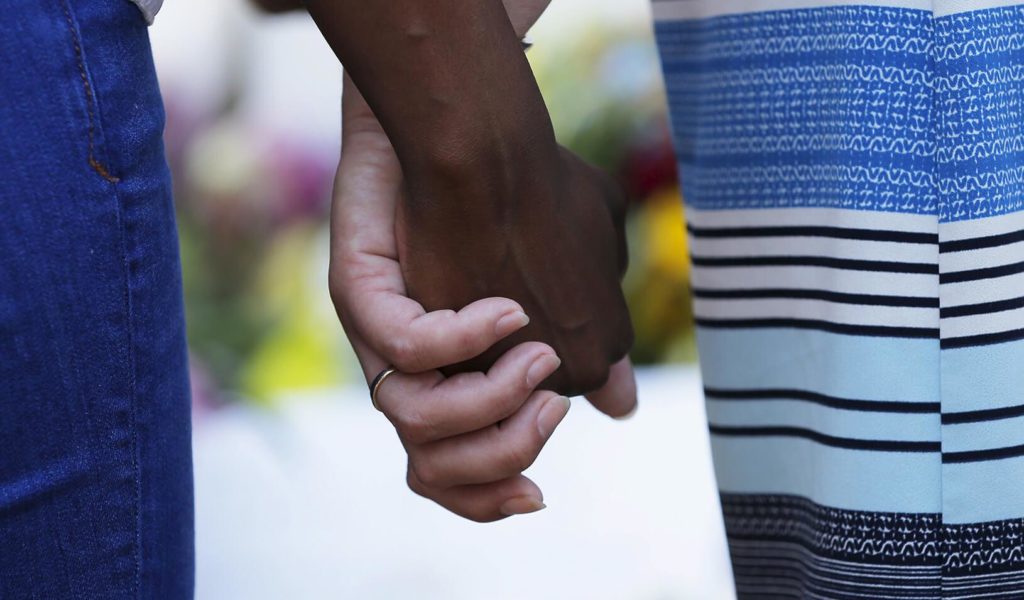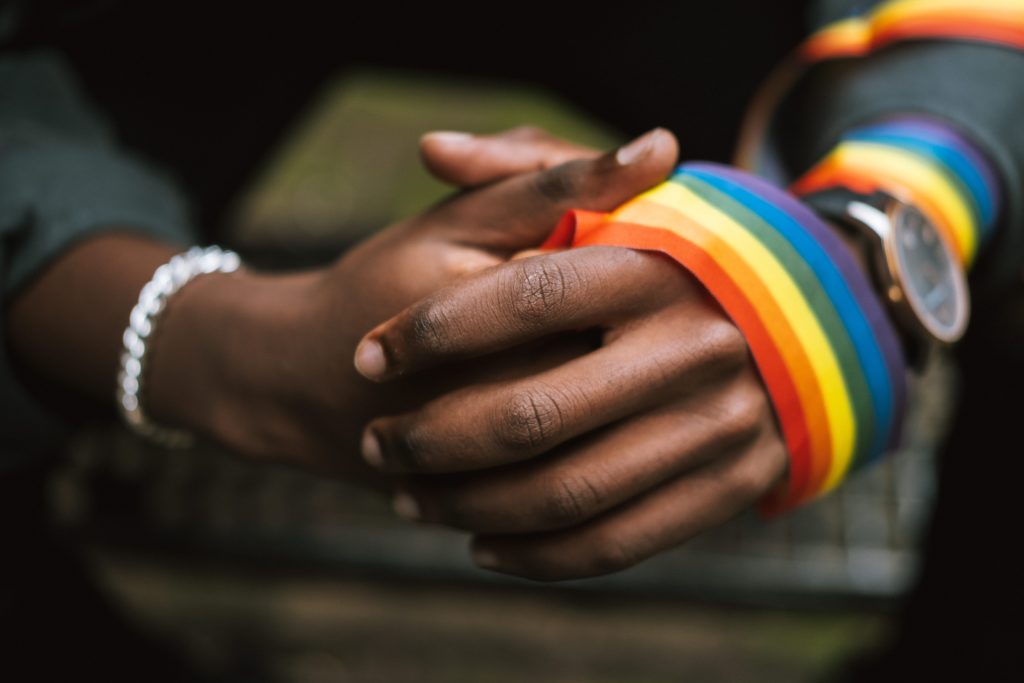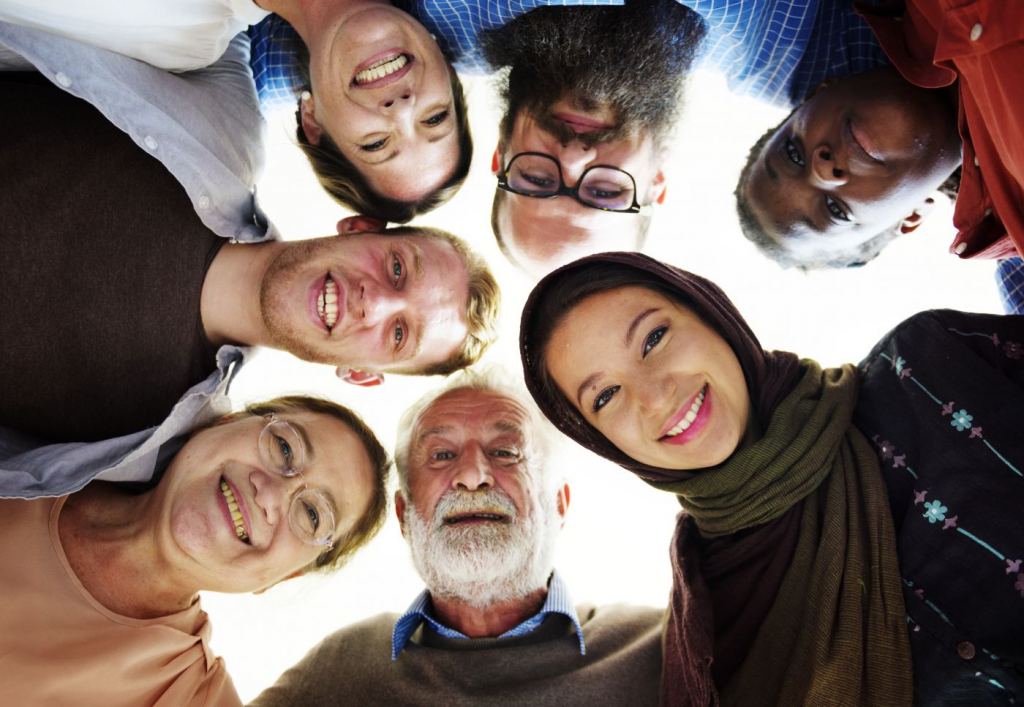Discrimination and Mental Illness: How Racism, Sexism, Homophobia, and Transphobia Affect Your Mental Health
Discrimination doesn’t always look the same, and there’s no textbook definition for how someone reacts to experiencing it. Racism, sexism, homophobia, and transphobia increase the risk of developing mental health disorders or making them worse while making it harder for people to get help.

When offering resources to members of Black, Indigenous, and People of Color (BIPOC) communities and LGBTQ people, we need to understand that we can’t fix trauma associated with discrimination overnight. The problem is systemic, and providing safe resources also means doing the work to advocate for people experiencing discrimination.
What’s the Connection Between Racism and Mental Health?
Racism is designed to create inequalities based on beliefs and stereotypes about a whole group of people. But targeting a whole group impacts people on large and small scales. Racism causes trauma, and trauma increases a person’s likelihood of developing mental illness and struggling with mental health.
Trauma causes a stress response, which creates both physical and mental symptoms that can develop into long-term mental health conditions like anxiety, depression, post-traumatic stress disorder (PTSD), and others. It also affects the way you look at yourself and experience the world around you.
Racism is twice as likely to harm someone’s mental health as their physical health. And yet, because of racism, BIPOC people often don’t get the care they need for their mental health.

We see it in Asian American populations where the “model minority” myth makes it harder to recognize the signs of mental illness. By creating an unrealistic and harmful standard for Asian American people—particularly Asian American youth—it becomes harder for them to get a diagnosis if they are under pressure to be smarter and more accomplished than other groups. The model minority myth creates an incorrect perception of Asian Americans’ mental health needs, even among mental health professionals, by placing higher expectations on people of these communities.
Black men are four times more likely to get a schizophrenia diagnosis than white men when they show symptoms of a mood disorder. Stereotypes that portray Black men as violent, for example, make it harder for them to get an accurate mental health diagnosis when a therapist or psychiatrist has a preconceived idea of who they are. Similarly, stereotypes about the “loud Black woman” portray Black women as hysterical, which can lead them to downplay their feelings, especially outside of a trusted group.
Racism creates chronic stress that leads to anxiety, depression, and other mental illnesses that severely impact a person’s overall wellness. BIPOC people who have mental health conditions like bipolar disorder, ADHD, and others are often passed over or judged more harshly than white people with the same diagnoses. Institutionalized and internalized racism makes it more difficult for BIPOC people to get help and feel comfortable and worthy of seeking mental healthcare in the first place.
How Do Homophobia, Transphobia, and Gender Discrimination Impact Mental Health?
For a lot of people in the LGBTQ+ community, discovering their identities is a journey. Without support, they can develop internalized homophobia and transphobia that leads to anxiety, depression, and other mental health struggles.
While 4.5% of the United States population identifies as LGBTQ+, 39% of people within the community have experienced bullying because of their sexuality or gender identity, according to Mental Health America. As a result, LGBTQ+ people are also 2.5 times more likely to seek mental health services.
Bullying because of their sexuality and gender identity can contribute to abnormally high cortisol—or stress hormone—levels. Plus, when LGBTQ+ people don’t have support from family members, teachers, friends, and others close to them, it’s not easy to feel safe sharing who they are and asking questions about their identities.

Pressure to hide those identities contributes to poor mental health when they can’t express the person they truly are. That leads to fear, distrust, and consistent stress that, even if the person isn’t already at risk of mental illness, can quickly lead to problems with mental health.
Beyond bullying, rules and regulations prevent LGBTQ+ people from getting their basic needs met on a larger scale. For example, there are few doctors and clinicians trained to understand the unique needs of people in the LGBTQ+ community, which leads to people not getting proper care, facing medical discrimination, or avoiding seeking care altogether out of fear.
Official policies and laws prevent many LGBTQ+ people from expressing their identities or having those identities acknowledged by others. While laws discriminating against LGBTQ+ people aren’t new, the first few months of 2021 have seen 14 states propose anti-LGBTQ+ bills. These types of laws make it possible for workplaces, schools, and other facilities to discriminate against LGBTQ+ people based on their identities. Many places within and outside the United States already have laws that do not allow nonbinary and transgender people to be addressed by their correct pronouns or names. The laws also prevent people of certain genders from participating in activities like school sports based on whether their gender matches their assigned sex at birth.
It’s important to understand what it means to have multiple marginalizations and intersectional identities, too. Black and Brown trans people are at a much higher risk of violence than white trans people, adding another layer both to their identity and to mental health risk factors. When people target you based on multiple facets of who you are, it only increases the mental health impact.
What Can We Do About It?

Racism, sexism, homophobia, and transphobia all make healthcare less accessible to those who need it. It also raises questions of who understands every part of who you are.
We must actively fight racism, gender discrimination, homophobia, and transphobia. We can’t only be non-racist or passively view these things as wrong without being complicit in letting them continue. We must do more than acknowledge our privilege and biases and instead use that privilege to make more resources available to others while breaking down our biases and those of others.
Therapy goes hand in hand with social justice. Valera Health knows that, and we incorporate that into our practice to allow for a personal journey with each person. We hold space for people in all communities as we continue to educate ourselves and others to make it easier for BIPOC, LGBTQ+, and other marginalized communities to get the mental health services they need.